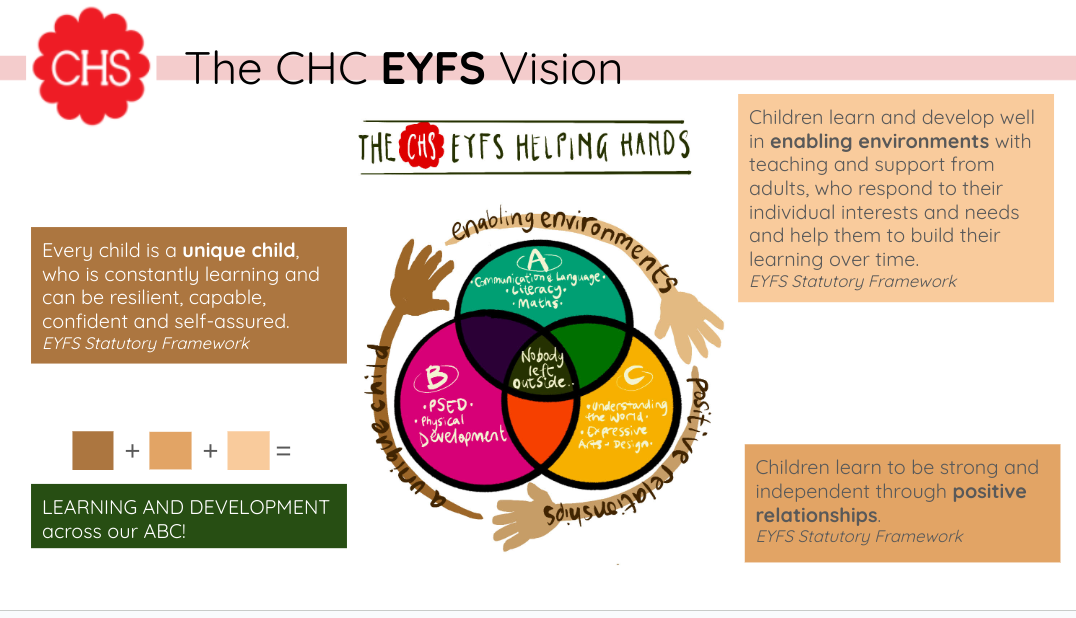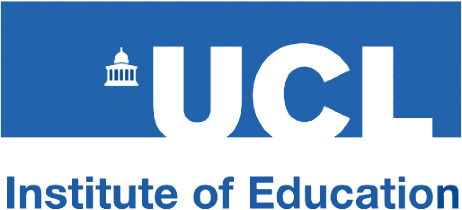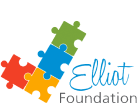- Home
- Teaching & Learning
- Foundation Stage
- Early Years Vision & Ethos
Early Years Vision & Ethos

Positive Relationships
Relationships with children and families are at the heart of everything we do. Our team strives to create and maintain warm, welcoming, and trusting relationships, where mutual respect is evident. We believe children, families, and staff should feel loved, safe, and secure within our Early Years community. We foster a culture where everyone is encouraged to take risks, make mistakes, and seek support when needed—embracing a growth mindset as a shared value. Through strong partnerships, we ensure all children feel seen, heard, and supported every step of the way within our community.
Enabling Environments
We know our learning environment plays a vital role in supporting children’s development. We offer exciting, purposeful, and memorable experiences that focus on the process of learning, not just the end product. We believe play should be at the heart of the curriculum so we ensure we provide opportunities for children to develop key skills through open-ended, hands-on experiences.Our provision is designed to inspire curiosity, independence, and exploration, ensuring all children are nurtured to achieve their full potential. We are continually reflecting on practice and looking for ways to develop our offer.
The Unique Child
We take a child-centred approach where each child’s interests, voice, and individual needs are the key drivers for their learning journey. Our ethos is rooted in a deep understanding of child development and a commitment to recognising each child as capable, curious, and full of potential. We celebrate and respect the diversity of our children and their families, ensuring that all backgrounds, cultures, and identities are valued and reflected in our practice. By placing the unique child at the heart of our approach, we create an environment that respects individuality while nurturing growth, confidence, and lifelong learning.
Characteristics of Learning
‘The Characteristics of Learning’ underpin our children’s learning and development and support them in becoming and remaining effective and motivated learners. We strive to facilitate learning and curiosity by creating exciting and purposeful opportunities for them to play and explore, learn actively and create and think critically. This equips our children with the skills to be effective learners who are ready to develop their Academic, Being Me and Creative selves with our CHC curriculum.



